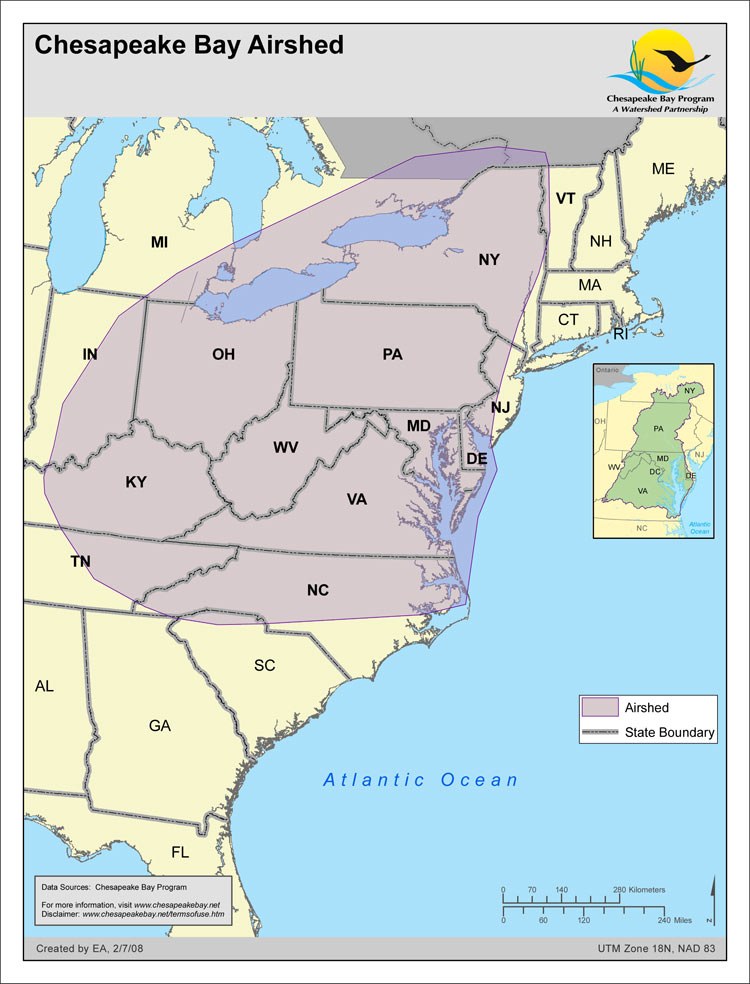A couple of thoughts about the South. First, symbolism: they're still a very big part of the Democratic coalition, and the old reason for having DC where it was was to placate the South. Most modern Americans probably don't think of Maryland as the South, or DC for that matter, but in the 30s they still largely did. It still mattered a great deal to Southerners.
Second, and more difficult, segregation: DC was largely segregated in the 1930s, including federal buildings. Now you're talking about moving the capital to a different state, on ground that at least de jure forbade segregation. As far as most Americans would've seen it, it's one thing to simply not change things in a pre-existing state of segregation; it's another thing to actively spread segregation. A lot of "middle-Americans," liberals, and of course African Americans would be up in arms if that were proposed. The idea of taking the Land of Lincoln and un-freeing people...oof.
On the other hand, if the government takes a stand that the new capital will be integrated...well, the South is not going to be happy. There goes your New Deal Coalition.
So you've got a fight on your hands.
I actually love this as a potential POD to set off a political realignment earlier in the US. I just don't think you can Yes-And the New Deal with a capital move.
If you wanted a "smoother" transition, maybe across the river in Missouri is a better choice. It's not as "neat" geographically-speaking, but I think it placates those middle-Americans- the people who can tolerate NOT changing existing segregation laws in Missouri, but would think it wrong to spread them to Illinois. You would still get liberals and African Americans up in arms, but the argument has less traction if the place you're leaving is as bad as the place you're going.
